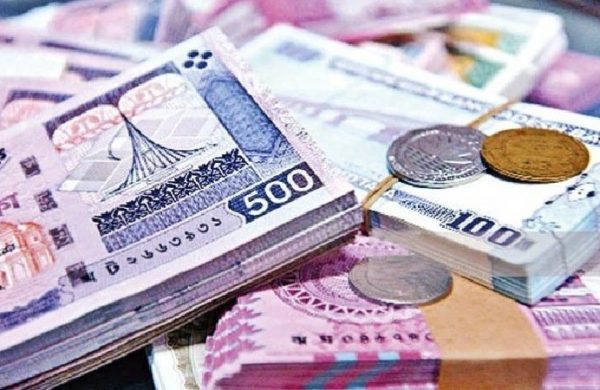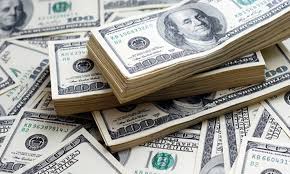FY 2024-25: GDP growth to be 5.7pc, inflation to come down to 8pc: MEI
- Update Time : Friday, June 28, 2024

TDS Desk:
Bangladesh’s Gross Domestic Product (GDP) growth, in the 2024-25 fiscal year, will drop to 5.7 percent. Besides, inflation will come down slightly to 8 percent, which is currently close to 10 percent. The policy rate will increase from 8.5 percent to 9 percent.
However, as per the Government’s target, the country’s GDP growth will stand at 5.82 percent at the end of the current 2023-24 fiscal year. The GDP growth and inflation targets for the next fiscal year are 6.75 percent and 6.50 percent respectively.
Mastercard Economics Institute (MEI) made such a forecast in a round table discussion titled ‘Global and Bangladesh Outlook and Risk’ at Banani in the capital Dhaka on Thursday (June 28).
It was attended by former Governor of Bangladesh Bank Atiur Rahman, MEI’s Asia Pacific, Middle East and Africa Chief Economist David Mann, Mastercard’s Bangladesh Region Manager Syed Mohammad Kamal, Association of Bankers Bangladesh (ABB) former chairman Anis A Khan and others.
MEI forecast states that the growth in the global economy this year will remain the same as last year. Product exports will be strong even if domestic consumer demand remains relatively low.
“The country’s GDP growth in the current fiscal year is satisfactory. Commodity exports are turning around. The rate of remittance is also increasing,” said David Mann, regarding the economy of Bangladesh. However, the current account balance of the country is “weak”. Low foreign exchange reserves are a major challenge.
David Mann said India and Indonesia have reduced the number of middlemen to bring the prices of agricultural products to bearable levels. That is why they have increased the use of technology, and provided micro-credit support. It is possible to reduce the price of agricultural products with such measures in Bangladesh. But keeping the dollar price stable in this case is a challenge.
Mastercard’s Bangladesh region manager Syed Mohammad Kamal said that the gap between the formal and informal prices of the dollar has decreased after the introduction of the Bangladesh Bank’s “crawling peg system” to determine the price of the dollar. Remittance has started to increase gradually. The determination of the value of the dollar should be left to the market.
CASHLESS TRANSACTIONS ARE INCREASING
Cashless digital transactions are increasing among the countrymen. According to MEI data, in March this year, compared to March 2019, the use of cards increased by 1.06 percent for daily necessities, 14.68 percent for car oil and 1.08 percent for buying clothes and jewelry. However, the use of cards for groceries, air tickets and hotel rentals, housewares and dining has decreased.
On the other hand, among the affluent, there has been an increase in the purchase of car oil, however, there has been a decrease in card business for daily necessities, groceries, food, clothes and jewelry, air tickets, and hotel rentals. The use of the card by the affluent has decreased by 1.36 percent for purchasing daily commodities, 4.4 percent for grocery products, 10.68 percent for purchasing air tickets and hotel rentals, 3.98 percent for food and 9 percent for purchasing clothing and jewelry products.
Atiur Rahman, the former governor of Bangladesh Bank, said that Sri Lanka’s economy has turned around brilliantly. The country’s economy is recovering rapidly due to three main reasons. “First, the political will to reform. Second, strong monetary policy. Third, the recovery of the domestic tourism sector,” he added.

















